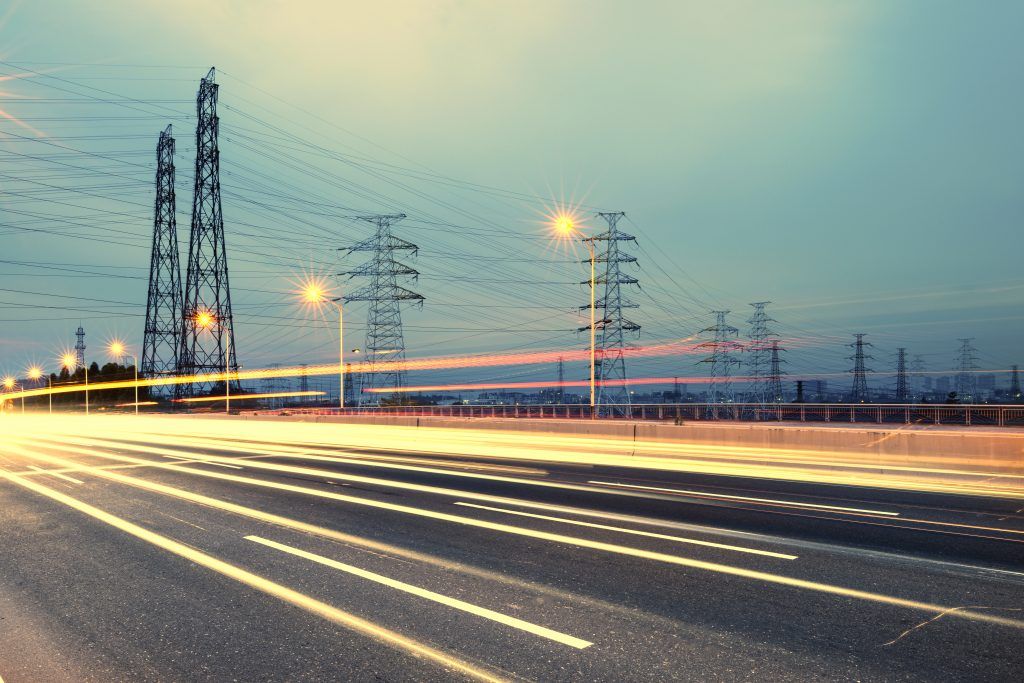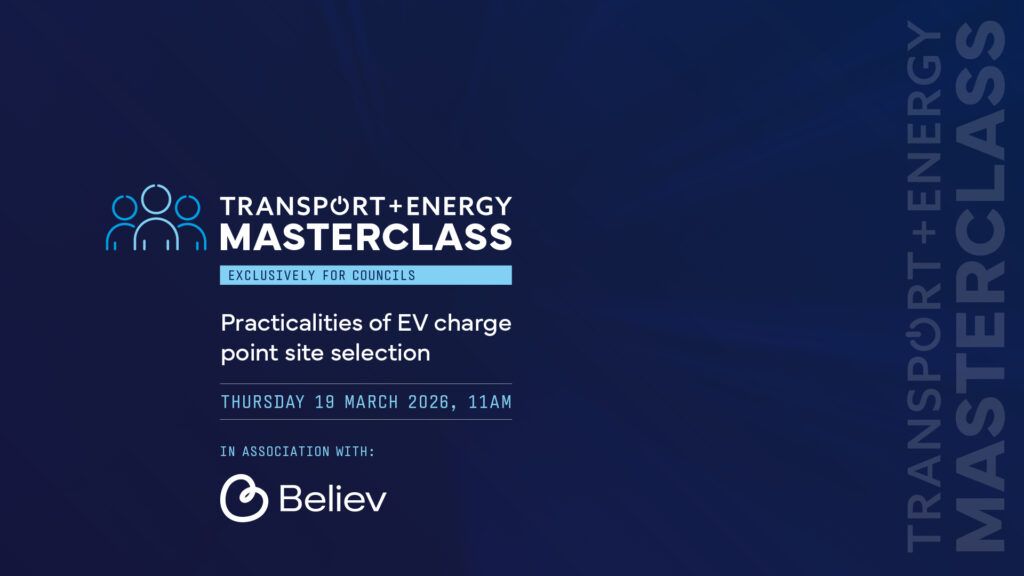“Unprecedented” scaling up of low carbon technologies and a significant increase in Contracts for Difference budgets are needed if the UK is to hit 2030 goals, according to new analysis.
The study by LCP Delta also revealed that the UK’s energy transition challenge will continue beyond 2030 as the country seeks to reach full net zero by 2050. With an increase in demand expected to double between 2030 and 35, investment levels far exceeding those needed in the run up to 2030 will be needed to meet demand and address a capacity gap of up to 20GW, it reported.
To reach clean power by 2030, the analysis identified a number of barriers to focus on, including a scale up of key low carbon technologies. In 2023, the rate of building new energy technologies in 2023 was 3GW, which was significantly below the 11.3GW build level required to reach 2030.
In addition, there is the need for a significant increase in Contracts for Difference (CfD) budgets to deliver renewable capacity needed. 20GW of offshore wind needs to be procured across the next two CfD auctions which would require a 65% increase in budget on an equivalent basis compared to AR6.
Clean power was also not achievable within the current development timelines for upgrading the transmission network, and connection and planning delays are reducing investor confidence. Unlocking the delays is critical, it said.
As a result, the UK Government needs to speed up decisions on key policies and market reforms to reduce uncertainty for investors. This includes a fast roll out of long duration cap and floor scheme and clear decisions on the REMA programme.
Sam Hollister, Head of Energy Economics, Policy, and Investment at LCP Delta said:
“To reach Clean Power 2030 will need a gargantuan effort from all involved. The goal is technically feasible with the focus on low-cost renewable deployment – something the UK is well placed to achieve. Meanwhile, to maintain a Clean Power system beyond 2030, the UK will need to develop a system that can cope with the increasing demand as we ramp up decarbonisation of transport and heating.
“This growth in demand will necessitate technologies such as carbon capture and storage and using clean fuels such as hydrogen in power generation.
“There are only five years to achieve the levels of low carbon build that is required to reach Clean Power. We know there are always potential for delays in major infrastructure build and demand may be higher than currently, so we can’t just pick one scenario for Clean Power but aim to build all technologies to their maximum level.
“Renewables alone can’t get us there. We need other technologies such as long duration energy storage and low carbon thermal solutions such as gas carbon capture storage and hydrogen power generation to support a renewables-based energy system. Developing the transmission network to get energy from the north to the south, and scaling up capacity, particularly on local networks, is also one the biggest roadblock that needs to be overcome.”












